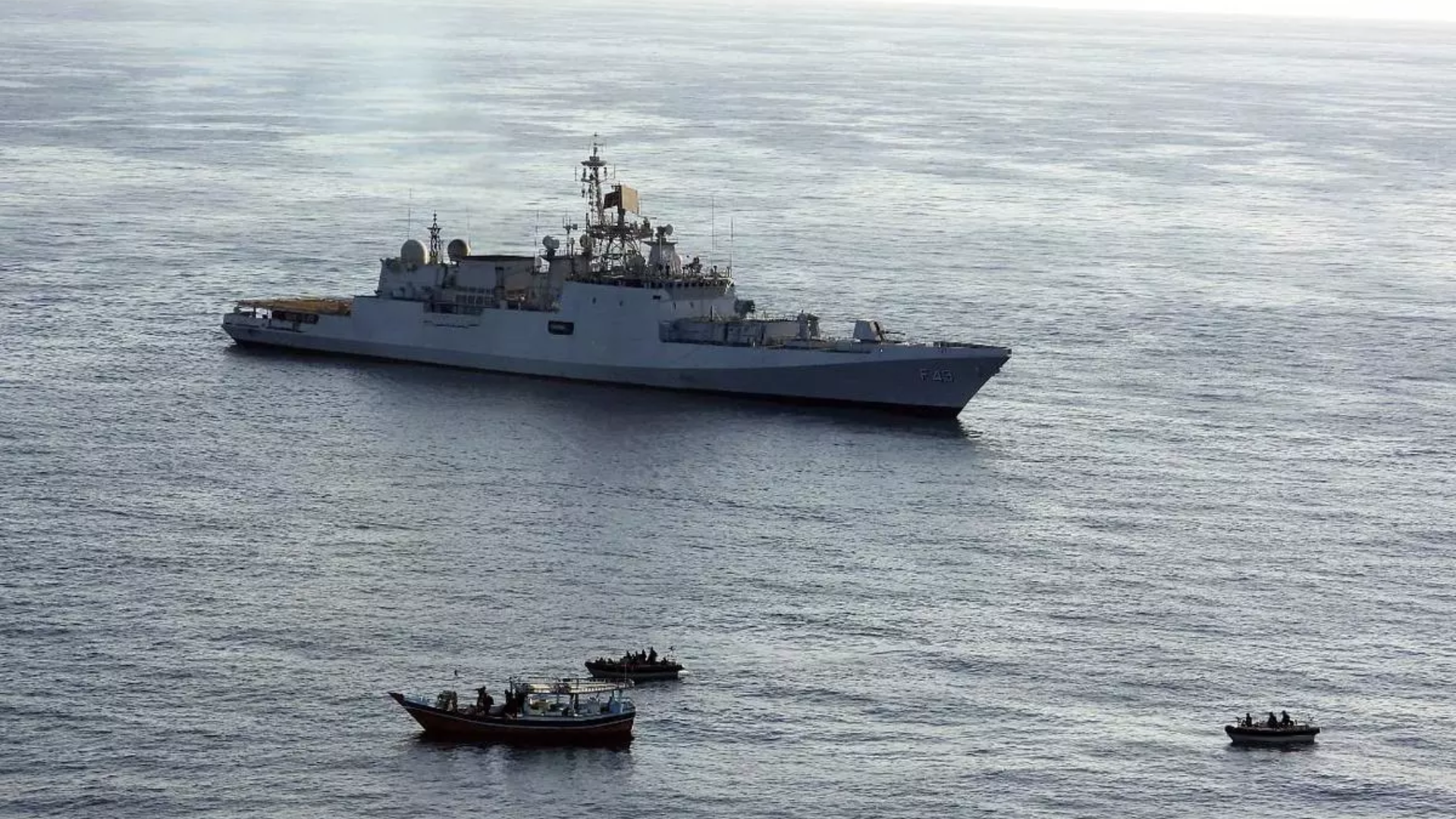The commissioning of INS Jatayu in the Minicoy islands underscores a pivotal moment for the Indian Navy and the broader strategic posture of India in the Indian Ocean region. This move is emblematic of India’s proactive efforts to enhance its maritime security and assert its influence in a geopolitically crucial area. Here’s a deeper dive into the implications and significance of this development:
Strategic Significance
- Geopolitical Positioning: Minicoy Island’s proximity to the Maldives and the major shipping lanes traversing the Indian Ocean highlights its strategic importance. The presence of INS Jatayu enhances India’s ability to monitor maritime traffic and potentially deter piracy and other maritime threats.
- Operational Advantage: With INS Jatayu, the Indian Navy boosts its operational reach, allowing for quicker deployment of forces and enhanced surveillance capabilities. This base will serve as a critical point for logistics and support for Indian Navy operations in the Arabian Sea and beyond.
- Regional Security: The establishment of a second naval base in Lakshadweep sends a strong message about India’s commitment to securing its maritime boundaries and interests. It acts as a deterrent against regional threats and fortifies security in the Indian Ocean.
Capacity Building and Development
- Infrastructure Growth: The development of naval bases like INS Jatayu often brings along infrastructure improvements, including enhancements in communications, logistics, and support facilities, which can benefit the local communities.
- Economic Implications: While the primary purpose is strategic and security-oriented, the presence of naval personnel and activities can spur local economic growth through job creation and increased demand for local goods and services.
- Environmental and Ecological Considerations: The Indian Navy has a track record of incorporating environmental sustainability in its infrastructure development. The establishment of INS Jatayu will likely include measures to preserve the natural beauty and ecological balance of the Minicoy islands.
Conclusion
This development came amid heightened tensions between India and the Maldives, adding a significant dimension to the event, and reflecting the nuanced interplay of regional geopolitics, security considerations, and diplomatic relations. Prime Minister Narendra Modi’s visit to Lakshadweep in January, coupled with the recent derogatory remarks made by three Maldivian deputy ministers against him, thrusts the islands—and by extension, India’s strategic moves in the region—into a broader geopolitical spotlight.
The commissioning of INS Jatayu represents a significant milestone in India’s maritime strategy, reflecting an understanding of the Indian Ocean’s importance in global geopolitics and trade. By strengthening its presence in the Lakshadweep archipelago, India not only enhances its maritime security but also asserts its role as a key player in maintaining regional stability and security. This development is a clear indication of India’s commitment to safeguarding its interests and contributing to the broader goal of a secure and stable maritime domain in the Indian Ocean region.























